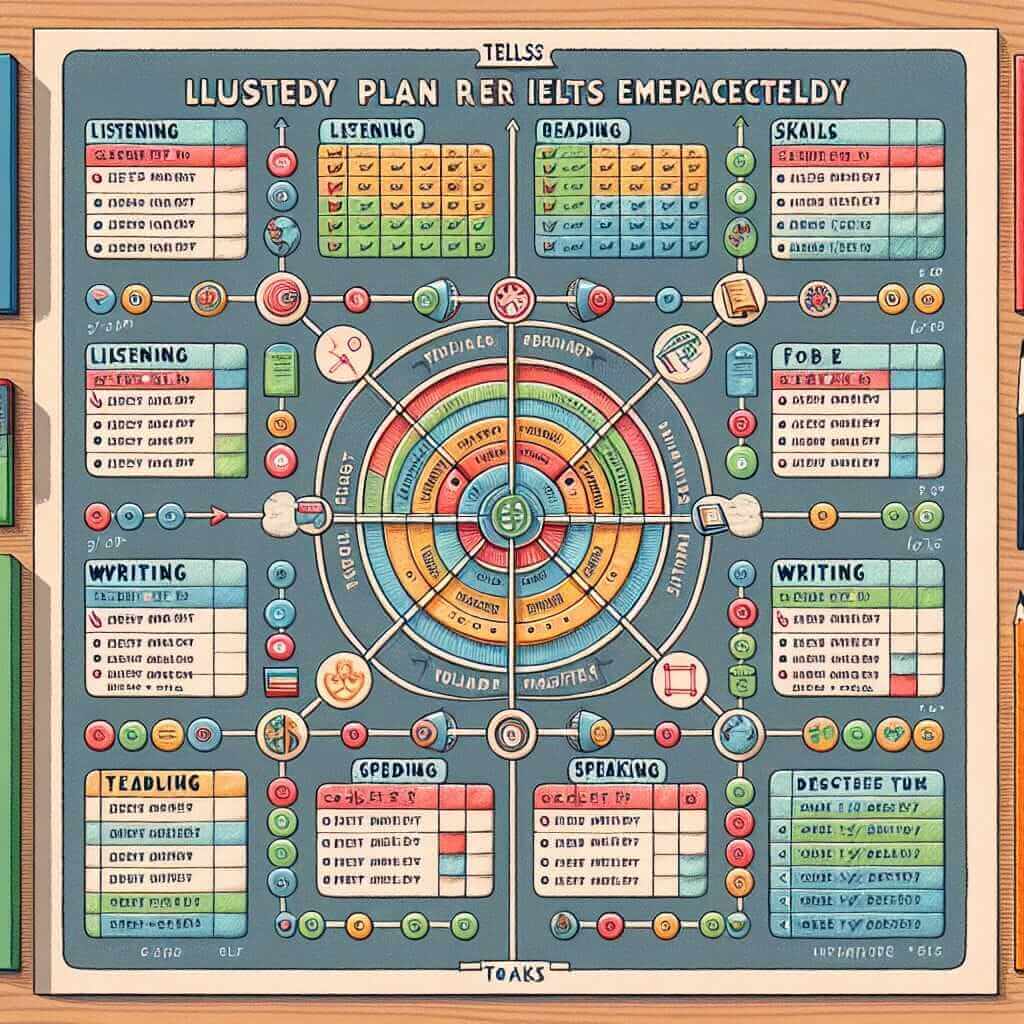Mastering the IELTS exam can feel like climbing a mountain, especially when you hit a plateau and feel like you’re making no progress. The frustration of “Why can’t I learn IELTS?” is a common refrain among test-takers. As an IELTS instructor with over two decades of experience, I’ve witnessed firsthand the struggles students face. Let’s demystify these roadblocks and equip you with the tools to overcome them.
Unpacking the IELTS Learning Plateau
The feeling of stagnation in your IELTS journey can stem from various factors. Here are some of the most common culprits:
1. Lack of a Clear Strategy:
One of the biggest mistakes is approaching IELTS preparation without a structured plan. It’s like setting out on a journey without a map.
Solution: Define your target band score, understand the exam format, and create a realistic study schedule that allocates time for each skill.
2. Neglecting Weaknesses:
Many students shy away from their weaker areas, hoping to compensate with their strengths. However, this can create an imbalance in your skillset.
Solution: Identify your weaknesses through practice tests and focus on improving them. Don’t be afraid to seek help from a tutor or online resources.
3. Insufficient Vocabulary and Grammar:
IELTS demands a strong foundation in English grammar and a wide-ranging vocabulary.
Solution: Integrate vocabulary building into your daily routine. Use flashcards, read extensively, and pay attention to grammar rules in context.
4. Ignoring Practice Tests:
Practice tests are essential for gauging your progress, familiarizing yourself with the exam format, and identifying areas that need more attention.
Solution: Incorporate regular practice tests into your study plan. Analyze your performance, pinpoint your weaknesses, and adjust your study strategies accordingly.
Effective Strategies for IELTS Success
1. Embrace Active Learning:
Passive learning won’t get you far with IELTS. Engage actively with the material.
Example: Instead of just reading sample essays, analyze their structure, vocabulary, and grammar. Practice writing your own essays and seek feedback.
2. Immerse Yourself in English:
Surround yourself with the language as much as possible.
Example: Listen to English podcasts, watch documentaries, and read English news articles. This helps improve your listening comprehension and expands your vocabulary organically.
3. Seek Feedback and Guidance:
Don’t hesitate to ask for help from experienced IELTS instructors or join study groups.
Example: Discuss your doubts, practice speaking with others, and get feedback on your writing and speaking skills.

Turning Challenges into Triumphs:
Remember, feeling stuck is a natural part of the learning process. Embrace the challenges, stay persistent, and celebrate your progress. With the right approach and unwavering determination, you can achieve your desired IELTS score.